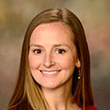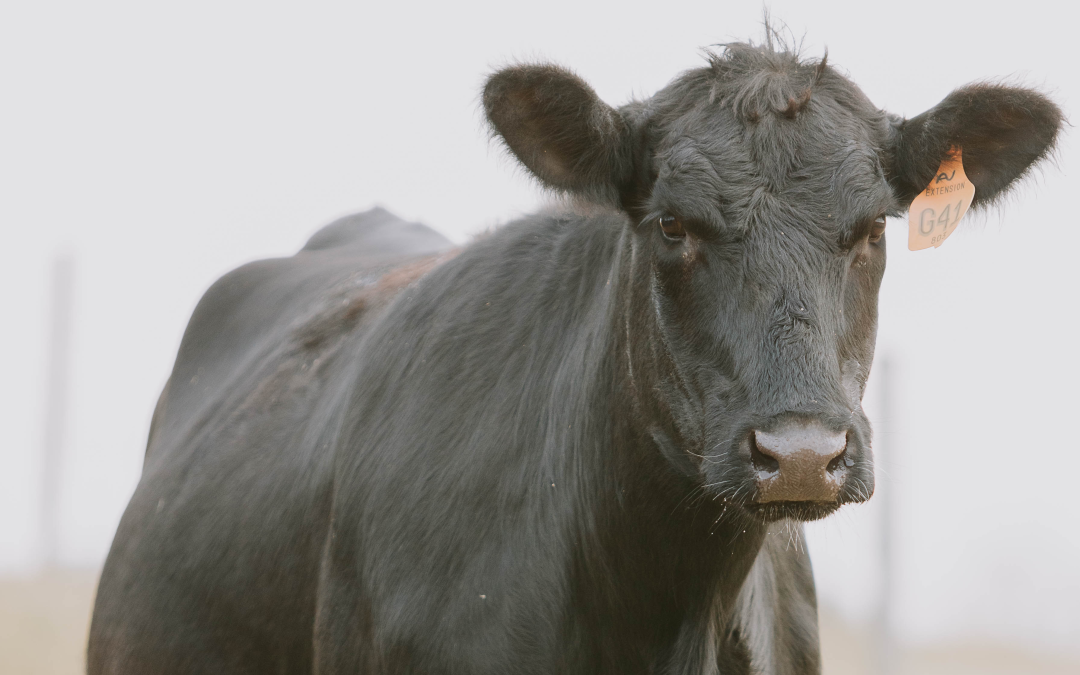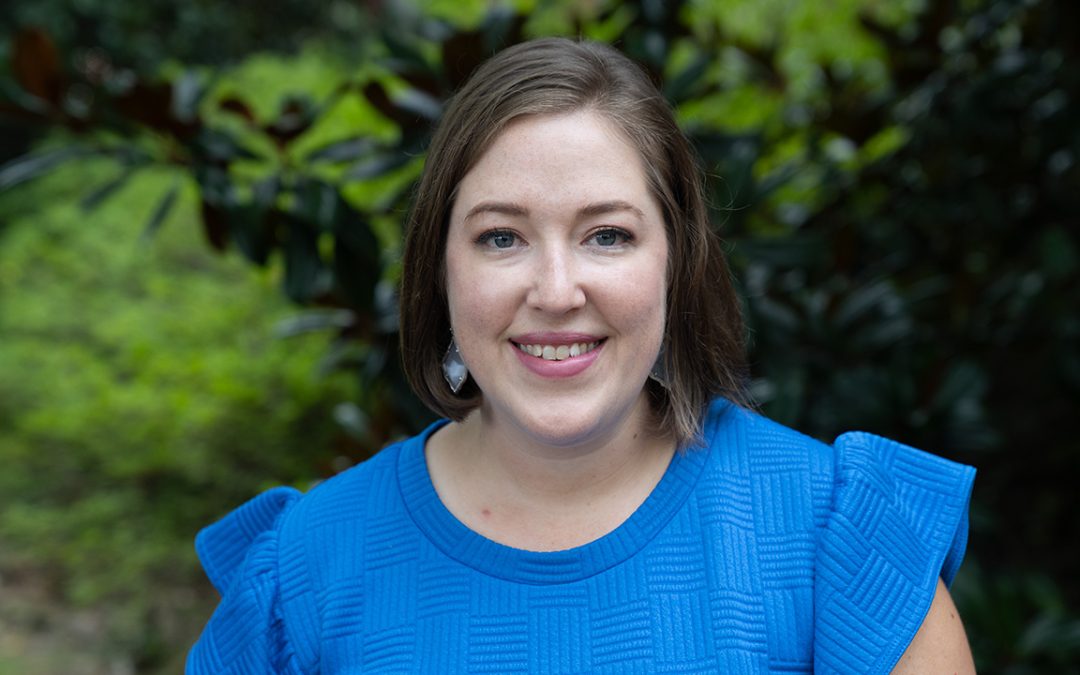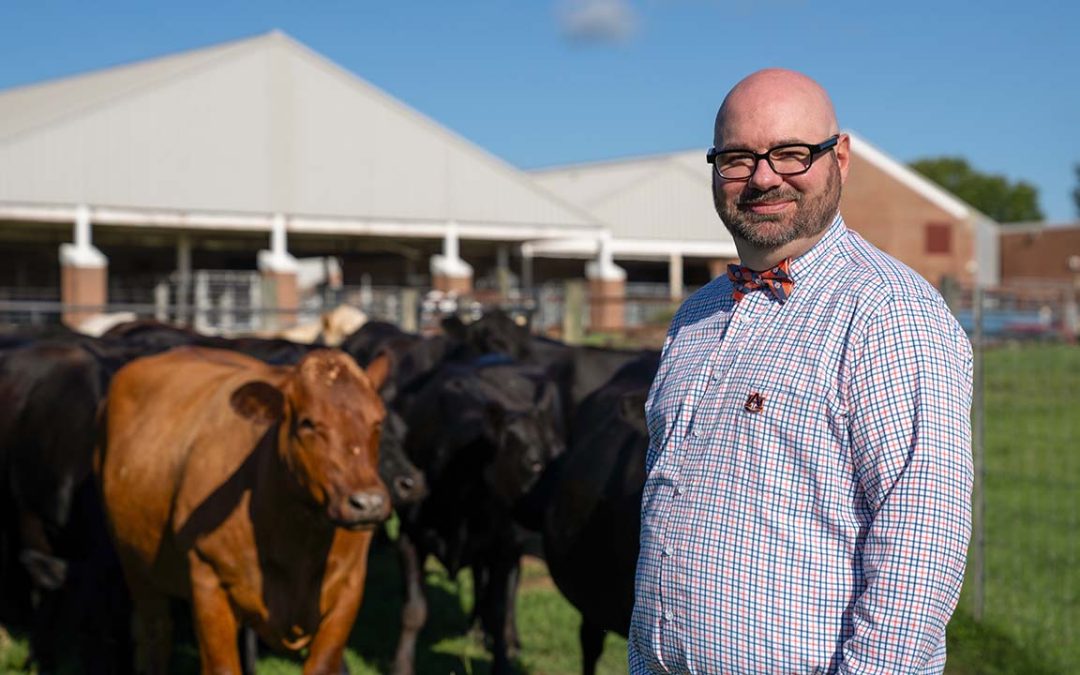interview by NATHAN KELLY and JADEN BROWN
Horses are nothing new to Ellen Rankins, a senior in equine science from Cusseta, Alabama. In fact, she’s spent a healthy portion of her life around the beloved creatures. But the horses themselves are only a part of Rankins’ passion; she also loves to witness the animals helping humans in need. That’s why she has been volunteering at Storybook Farm, a therapeutic riding center in Opelika, for the past eleven years. This summer she is in Singapore completing an internship with an organization known as EQUAL (Equine Assisted Learning), using the expertise she’s gained from Storybook. While in Singapore, Ellen has been blogging, and we asked her to give us a little more information about her major, her experience this summer and her future plans.
Our Work: How did you come to choose your major?
Ellen Rankins: I have always enjoyed being around horses and other animals, so there was never really any question in my mind about what I wanted to major in. Not only do I enjoy spending time with animals, I also find learning the science behind the horse’s body and their behavior to be fascinating.
OW: After school, where do you envision your degree taking you?
ER: At this point, I feel like I have so many options in front of me that are all equally intriguing that it makes the decision of what to do after I graduate very difficult. I am leaning towards going on to graduate school, since I enjoy learning and feel that an education is something that no one can ever take from you. I plan on staying involved in the field of equine assisted activities and therapies or EAAT. I would be interested in pursuing a career in higher education involving EAAT. I will wait and see what the future holds because a year ago I would have never imagined that I would be sitting in Singapore writing this.
OW: Last summer you interned in Williamsburg, Virginia, with another equine organization. Did your experience there lead you to your current internship in Singapore? If so, how?
ER: Yes, my previous internship probably did lead in part to my current internship. The same person helped me locate both of the internships and the fact that I enjoyed my first one and fit in well there made it more likely that she would help me find the second internship.
OW: We’ve been following your blog, Singapore Summer, while you’ve been away. Tell us more about some of the adjustments you’ve had to make while you’ve been there. Do you regularly deal with struggles like language barriers, strange foods and unfamiliarity with the city? Is there anything shocking that you have to deal with on a regular basis?
ER: My basic daily routine has actually stayed the same for the most part. My biggest struggle has probably been learning to find my way around an unfamiliar city. I have always lived in a small town and Auburn is the biggest town I have had to find my way around. The change to a city with over 5 million people took some adjusting. Public transport is the best way to get around, but that means I have had to learn the bus and MRT routes. So far, I have done pretty well and not gotten on the wrong bus or MRT. I do have to admit that I never know which direction I am traveling in or where I am in relation to familiar locations. The language barrier has not been a major issue because everyone speaks at least some English. There are some expressions that are unique to Singapore and I have picked some of them up. Instead of saying yes or okay in response to a question, I find myself saying “can.” The food has not been a struggle, but rather a treat. Most grocery stores carry food that would look familiar to all of us. It is rather interesting to be shopping and see a label saying product of the USA on something like pretzels or peanut butter. This diversity of food has given me the opportunity to try new foods but still have a taste of home when I need it.
I have to say that the most interesting thing to deal with here has been the toilets. If it is an upright toilet with a seat like our typical toilets, the flush mechanism is a ball located at the top of the tank. I have yet to encounter a toilet that will flush completely the first time you depress the ball. Either I don’t know how to flush them or they are not very well designed. The really great toilets are the ones that consist of a porcelain bowl in the ground. The first time I walked into a washroom and saw one I thought I was imagining things.
OW: Describe a typical day at EQUAL. Who are you helping, what kind of people do you work with?
ER: I’m not sure there is such a thing as a typical day when you work with horses and children. The program currently has six horses that they own and the other horses used are leased from one of the surrounding stables. Four of the horses are Haflinger mares that arrived from Germany a few weeks after I arrived. They are still inexperienced, so they are in a training program that includes leading, lunging, and riding five days a week. Kary and Astro are both used in the program, so they get ridden one to three times a week to keep them happy and relaxed. The staff are also all fairly inexperienced, so I provide feedback on their teaching and we often discuss horse care, exercise, behavior, and anything else that comes up. The youth we work with are considered at-risk. They have at one point or another failed one or more of their school tests and as a result most struggle with feelings of failure or low self-esteem. They come once a week as a class and rotate through three stations. At one station, they learn horsemanship skills like grooming and tacking their horse. Another one is horseplay, where they interact with the horse from the ground. The other station is split between riding and vaulting with the students rotating each week. I typically teach riding or vaulting. In addition to actually teaching the lesson, we construct lesson plans and record progress notes for the students each week.
OW: On your blog, you write a lot about the food you’re eating and the church you’re attending. Are these some of your favorite parts about living in Singapore? If not, what would you describe as your favorite parts?
ER: My favorite part has been getting to know the people I work with and attend church with. We put in long, hot days at work, but everyone still manages to have fun. At the end of the day, we can still laugh about our adventures.
OW: What has been the most valuable thing you have learned so far through your experience in Singapore?
ER: I think the most valuable thing I have learned is to be open to new ideas and experiences. They may not do everything the same way we do, but I can learn from that and try new things.
OW: Where does your passion for horses and helping bring people with special needs closer to horses stem from?
ER: Horses have almost always been a part of my life. I was one of those little girls that was enthralled with horses and I never quite lost that passion. I have been volunteering at Storybook Farm, which is a therapeutic riding center in Opelika, Alabama, for the past eleven years. Witnessing the difference a horse can make in someone’s life is what led to my interest in Equine Assisted Activities and Therapies.
Read more about Ellen’s internship and experiences in Singapore on her blog, Singapore Summer.





